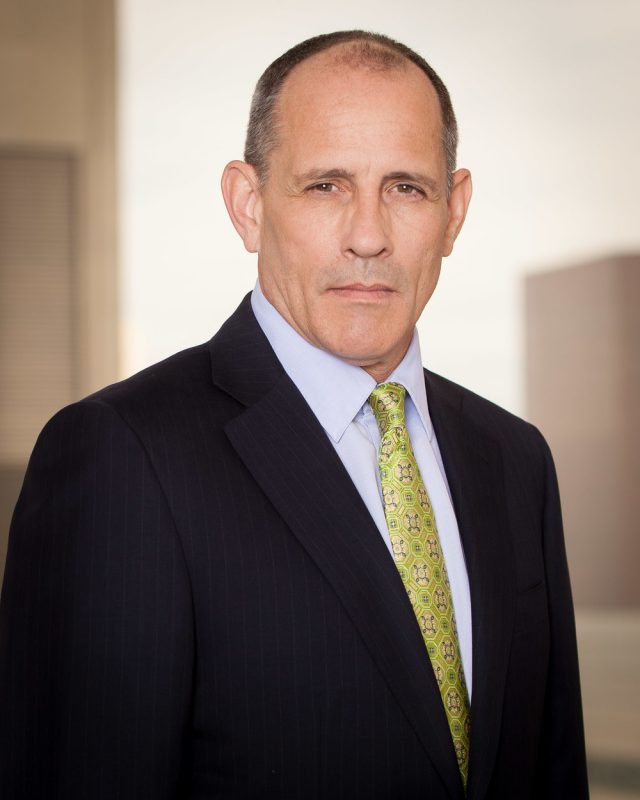Assembly Bill 218: Overdue recognition of childhood abuses
by Ray Boucher
 In enacting Assembly Bill 218, the California Legislature finally recognized what survivors of childhood sexual abuse suffer through and the decades of devastation commonly experienced, but often masked, by victims that hinders discovery of the abuses. The new law extends the statute of limitations for childhood sexual abuse, and gives previously time-barred survivors a chance to confront their abusers and the entities that facilitated the abuse.
In enacting Assembly Bill 218, the California Legislature finally recognized what survivors of childhood sexual abuse suffer through and the decades of devastation commonly experienced, but often masked, by victims that hinders discovery of the abuses. The new law extends the statute of limitations for childhood sexual abuse, and gives previously time-barred survivors a chance to confront their abusers and the entities that facilitated the abuse.
The extension is belated but welcome news to many victims and their advocates. I was lead counsel and a member of a team of lawyers in the Roman Catholic Archdiocese abuse cases in the early 2000s, which were instrumental in bringing a measure of justice to survivors across California. These hard-fought cases resulted in recoveries in excess of $1.2 billion for survivors, including the landmark settlement against the Los Angeles Archdiocese for $660 million. While these results were an important victory, the acknowledgement of abuse; the ability to eliminate the word “alleged” from abuse; and the disclosure of the files were equally important. However, there is still unfinished work, as the courthouse doors remained closed for many victims whose claims were deemed time-barred.
Fortunately, California is the most recent state to enact long-overdue legislation extending the time to bring claims in court to the age of 40, with the passage of AB 218. Survivors whose claims may have been barred now have up to three years to bring a childhood sexual abuse claim in court. The new law also changes the terminology from “childhood sexual abuse” to “childhood sexual assault,” which broadens the statute, and makes it less prone to technicalities that may hinder a case. The amendment will open a window to justice by allowing survivors whose abuse-related cases were previously barred by the statute of limitations period for bringing a lawsuit in court to tell their stories, to try and get back some of what was lost, to hold accountable those entities that aided and abetted the criminal assaults, and help create safer, more informed communities.
The new law coincides with growing awareness of why survivors of abuse can’t fully understand the effect a childhood sexual assault has had on their adult lives. Survivors often experience a sense of guilt, shame, fear and even repression of brutal memories of abuse and betrayal. Even worse, the abuse may have happened in an era when the public and authorities looked the other way regarding sexual crimes, especially regarding abuses committed by those in leadership, religious, or athletic positions. Our unwillingness to even acknowledge the fact that these widespread crimes existed led to a culture of secrecy, which had the unintended consequence of forming “safe harbors” for countless predators and their institutional enablers. Recent media exposure of Hollywood’s abuses has signaled growing willingness to end this culture, believe the survivors of abuse, and hold the abusers and their co-conspirators accountable.
But there is still important work to be done. While the past decade or so has laid an important foundation for societal change, we must continue to recognize the stories of those who were victimized during childhood. These young abuse victims of sexual crimes typically did not have the tools or support necessary to even comprehend the abuse, let alone to come forward and tell their stories. By the time many survivors found their voices, their cases against the abusers were time-barred under applicable statutes of limitation. This is a dangerous issue, and data has shown that hundreds of accused abusers live undetected in our communities, near playgrounds, schools and daycare centers due to shortcomings in the civil and criminal justice system.
The extension of the statute of limitations period for childhood sexual abuse cases will be vital for thousands of survivors of previously unreported childhood sexual abuse in seeking justice and exposing their abusers. In the Catholic Church alone, between 1950 and 2002, there were over 10,000 minor victims of Clergy sexual abuse. Some of these survivors participated in the Roman Catholic Archdiocese sexual abuse cases in the early 2000s. However, many never had the opportunity to seek a legal remedy. Now with the passing of California Assembly Bill 218, survivors in California may bring claims against their abuser, Hollywood, schools, the Church, or other institutions, which would otherwise be barred by the statute of limitations.
The courts can and should serve as an important public forum to rectify these injustices, give childhood sexual abuse survivors a voice, and ultimately prevent future abuses. Courts should also help deter institutions from assisting in these acts by hiding the abuses in a culture of secrecy. The new law will be a powerful tool for brave whistleblowers and their attorneys to continue to help bring closure to survivors of childhood sexual abuse and to prompt a sea change in safety and awareness across a variety of institutions and sectors.
Raymond P. Boucher is an attorney with Boucher LLP in Woodland Hills.
Take Action Today
(844) 547-9444
15165 Ventura Blvd. Suite 400
Sherman Oaks, CA 91403
21600 W. Oxnard St., Suite 600
Woodland Hills, CA 91367

